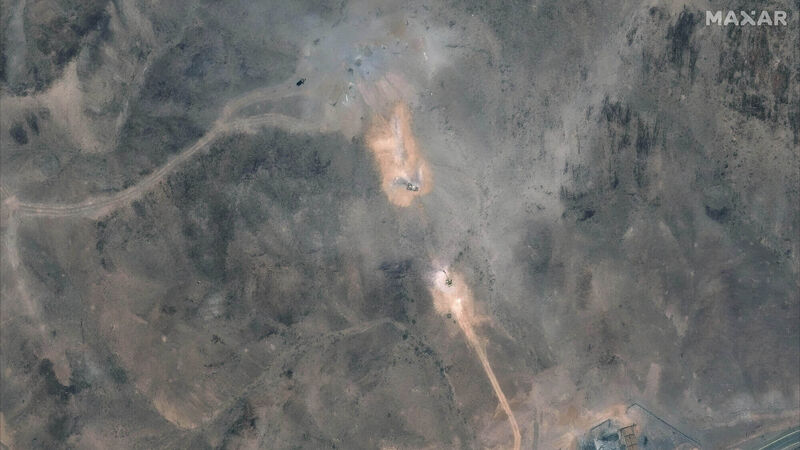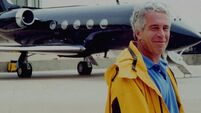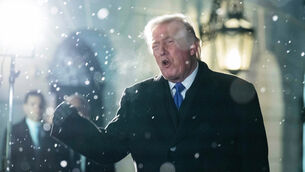Iran’s president ‘halts co-operation with UN nuclear watchdog’

Iran’s president has reportedly ordered the country to suspend its co-operation with the International Atomic Energy Agency after US air strikes hit its most-important nuclear facilities.
State media reported the decision by Masoud Pezeshkian.











